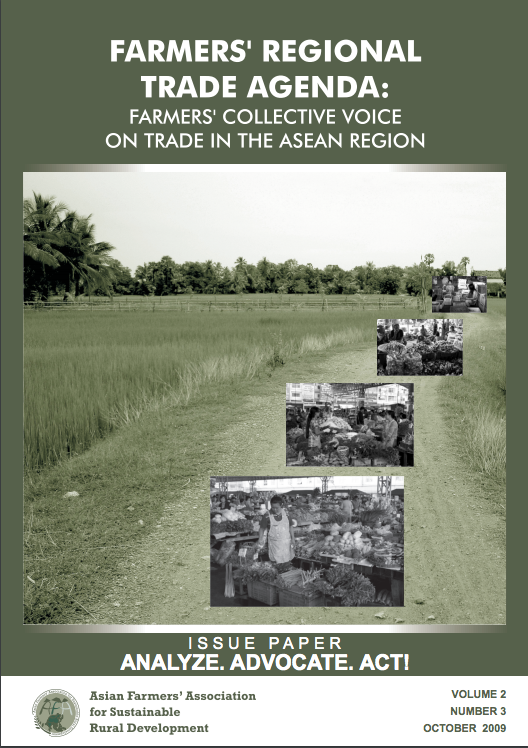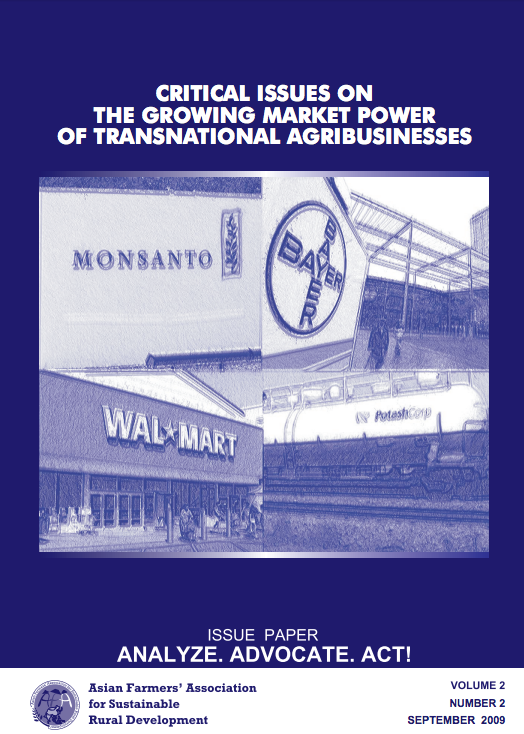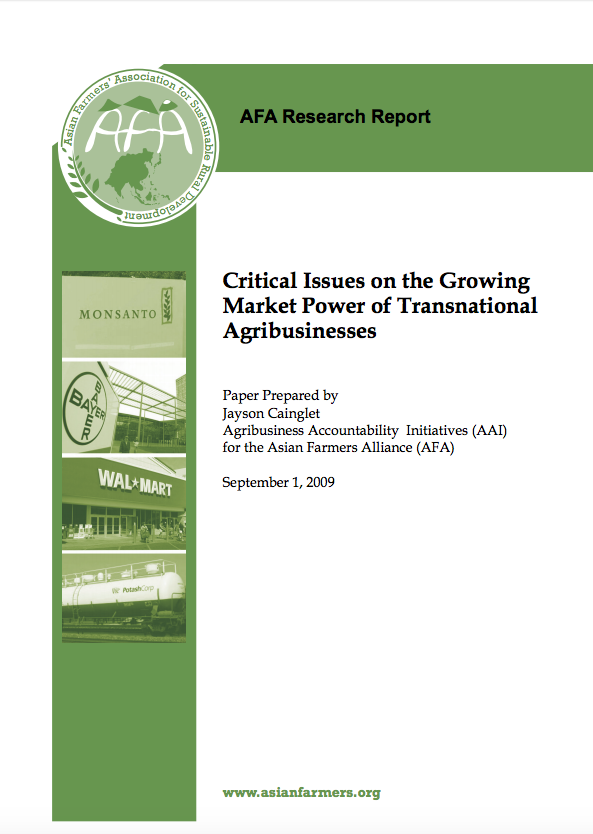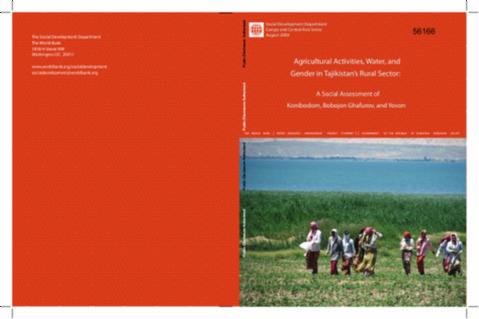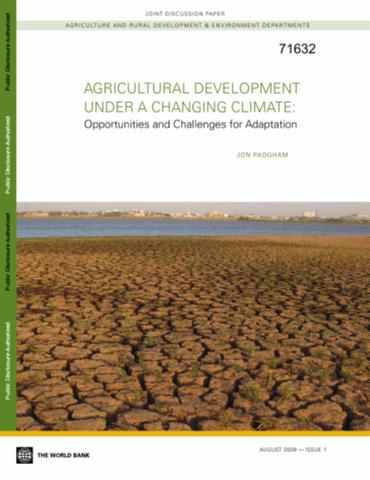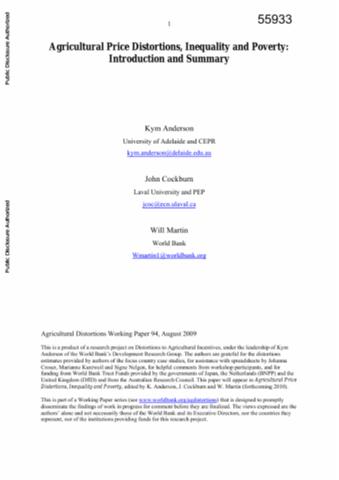Farmers’ Regional Trade Agenda: Farmers’ Collective Voice on Trade in the ASEAN Region
The Association of Southeast Asian Nations (ASEAN) has been trying hard to go into free trade agreements (FTAs) with different countries. It believes that this will increase trade and help members sell their export products to more markets in other countries. It also wants to make ASEAN the world's center of agricultural production. But in opening up markets and increasing trade, more imported goods from other countries can also come in.

